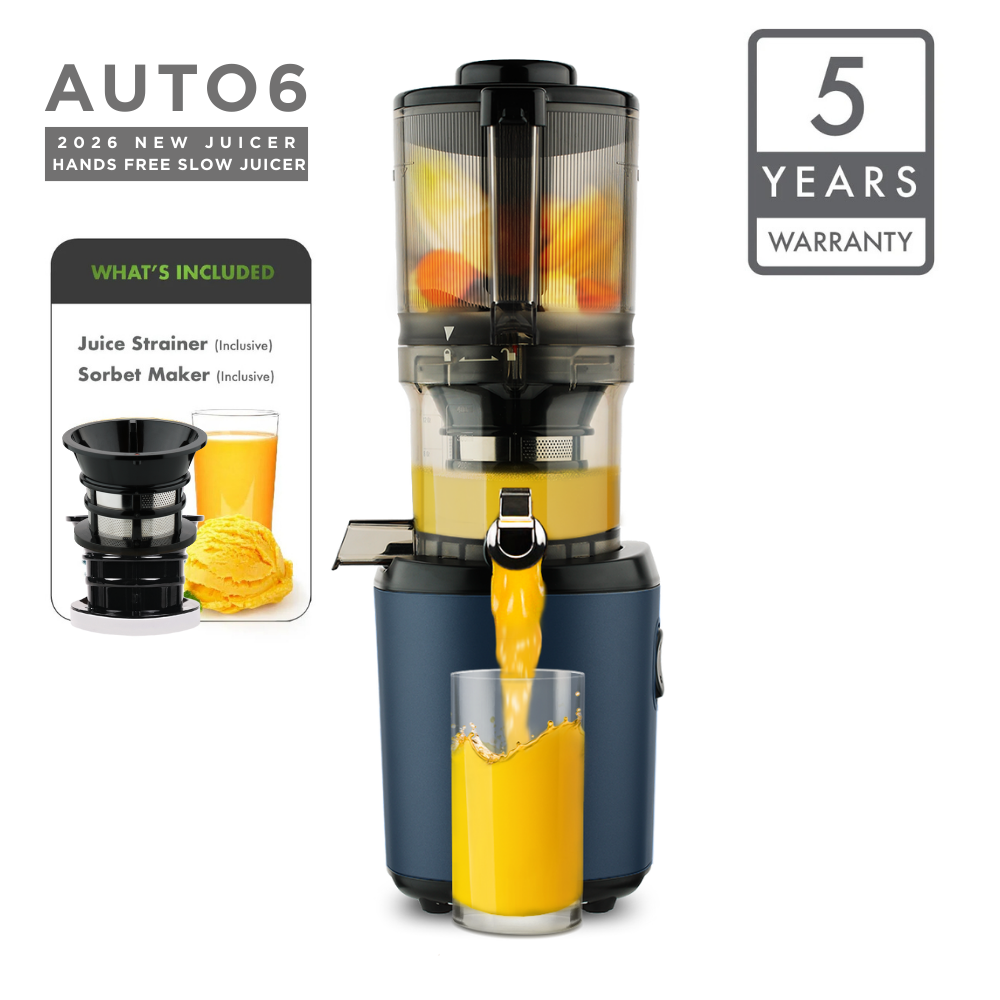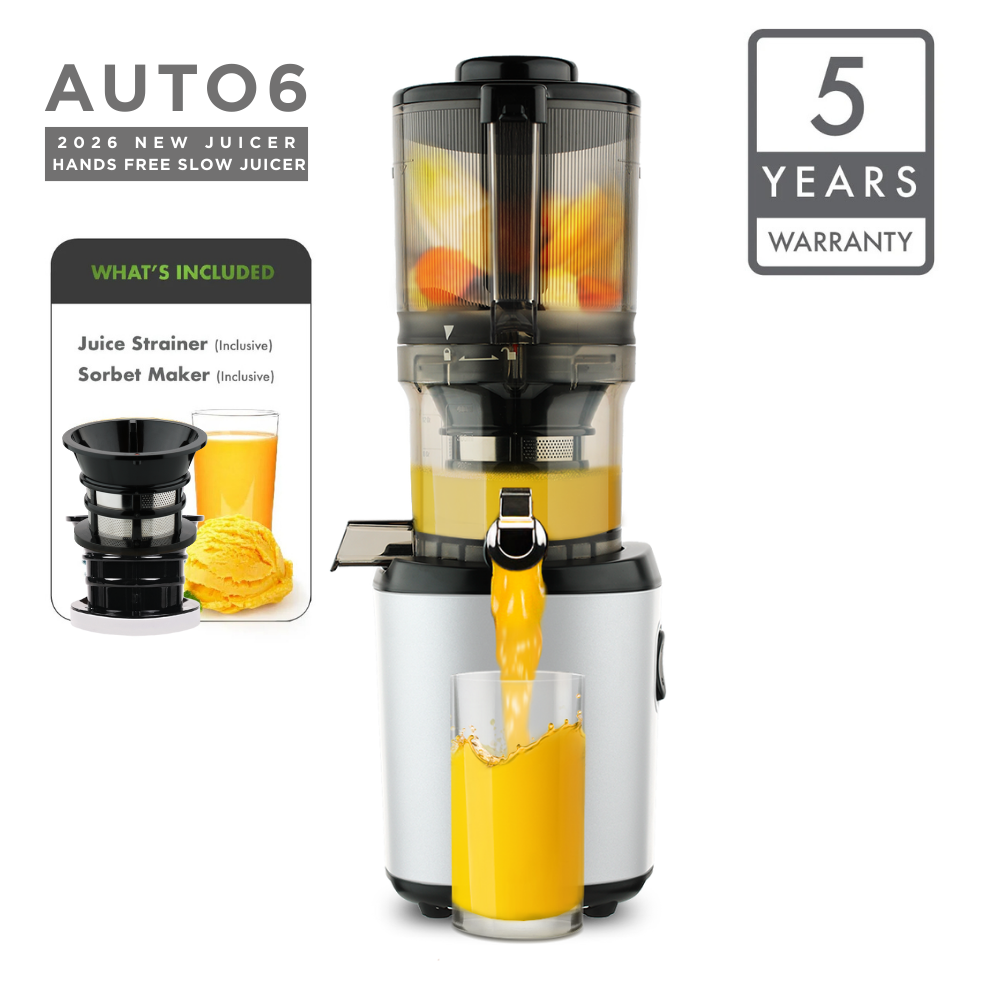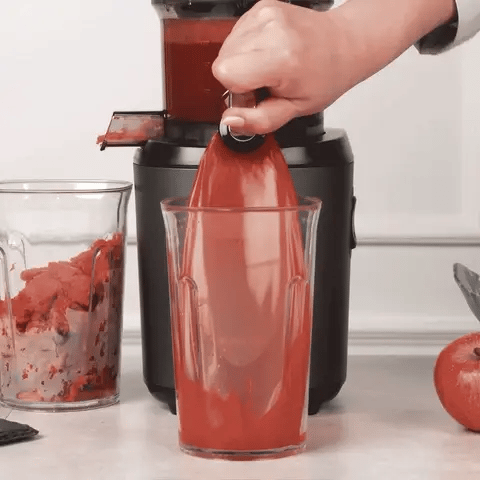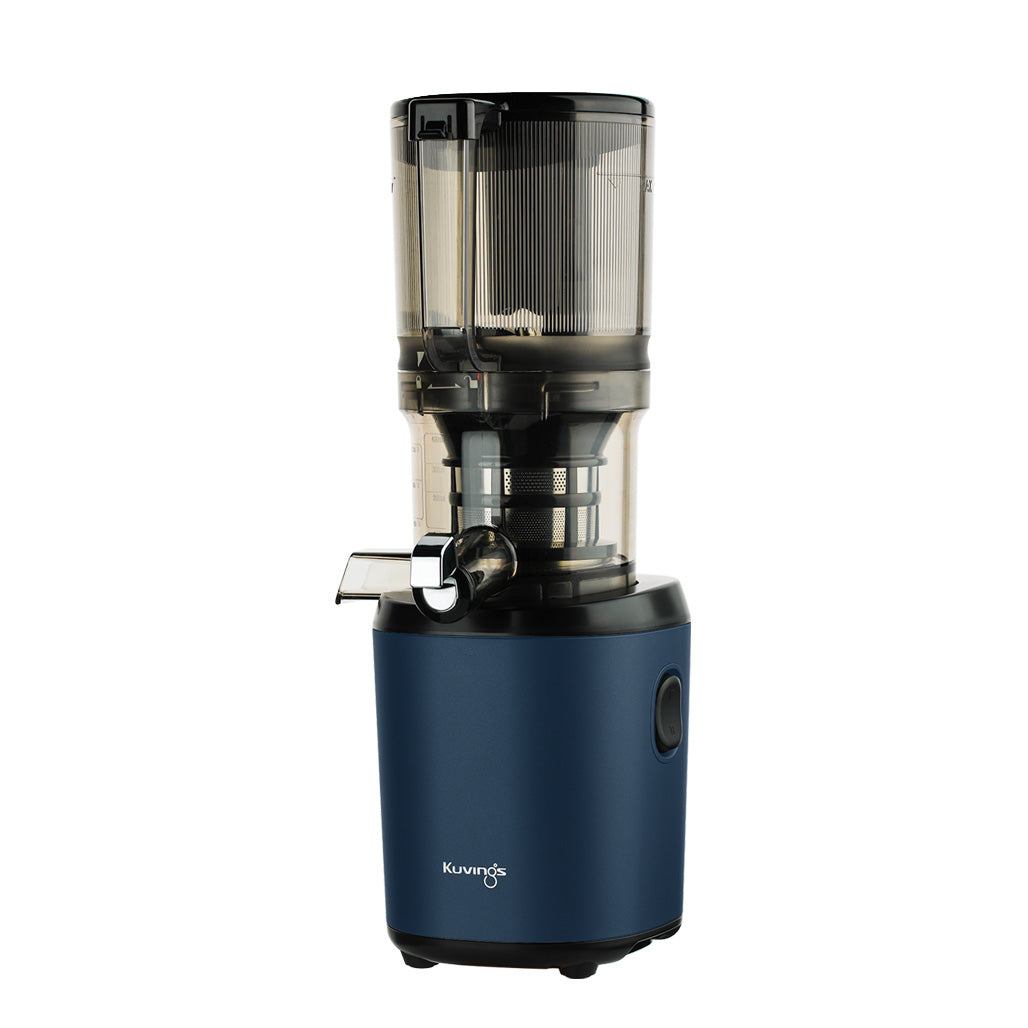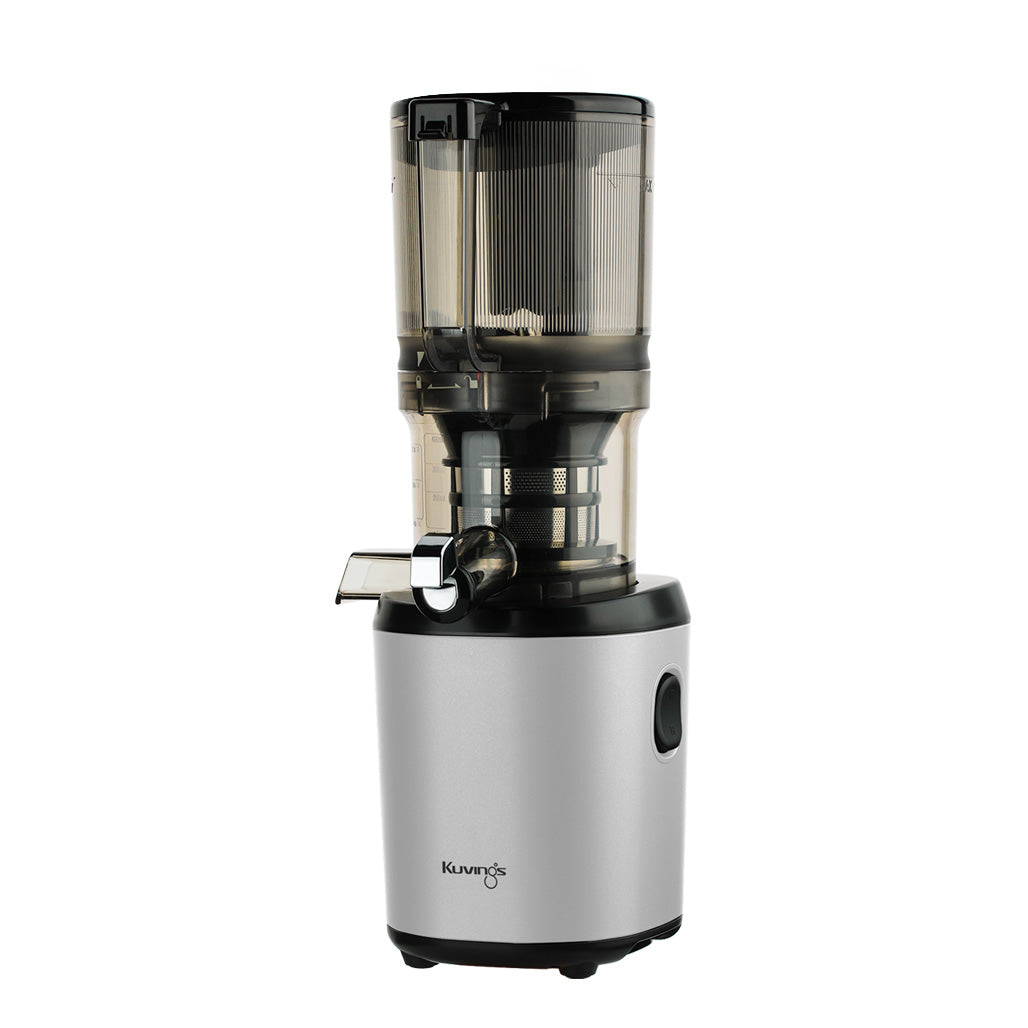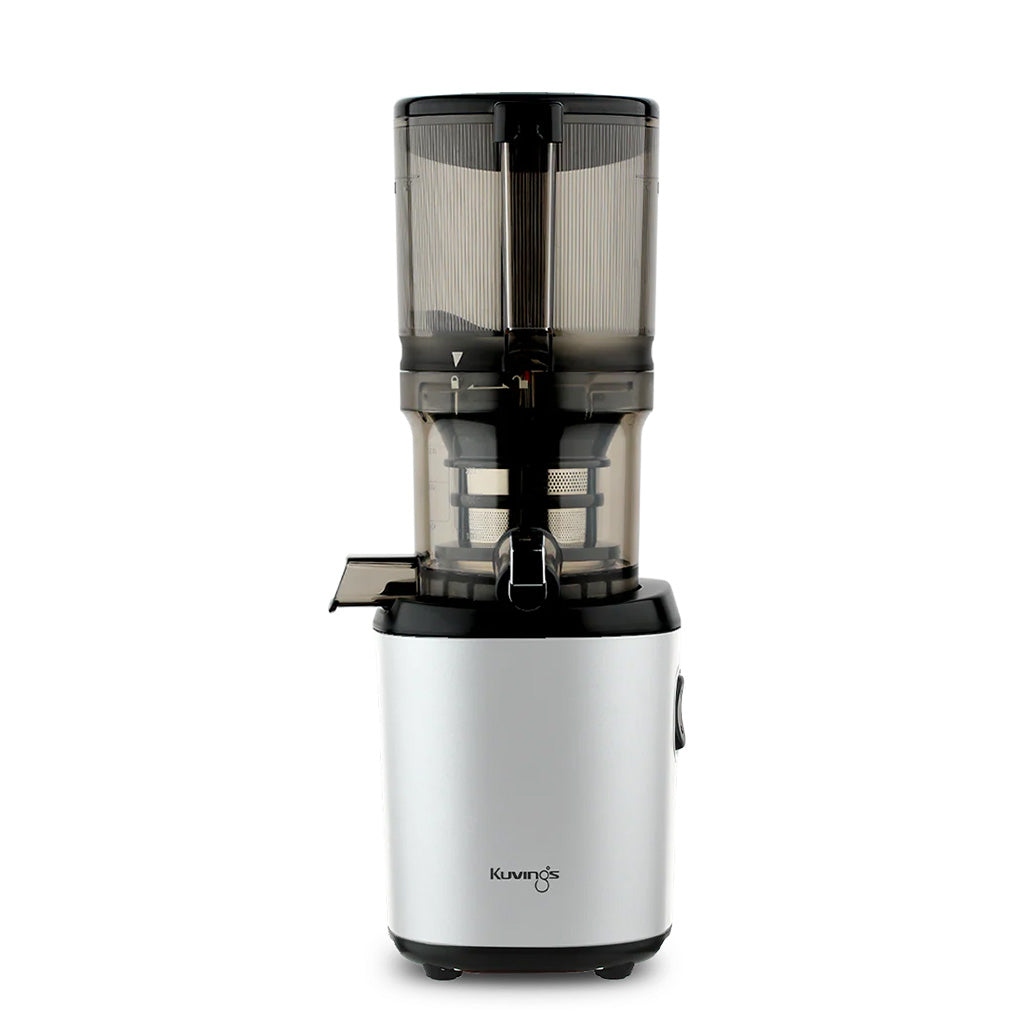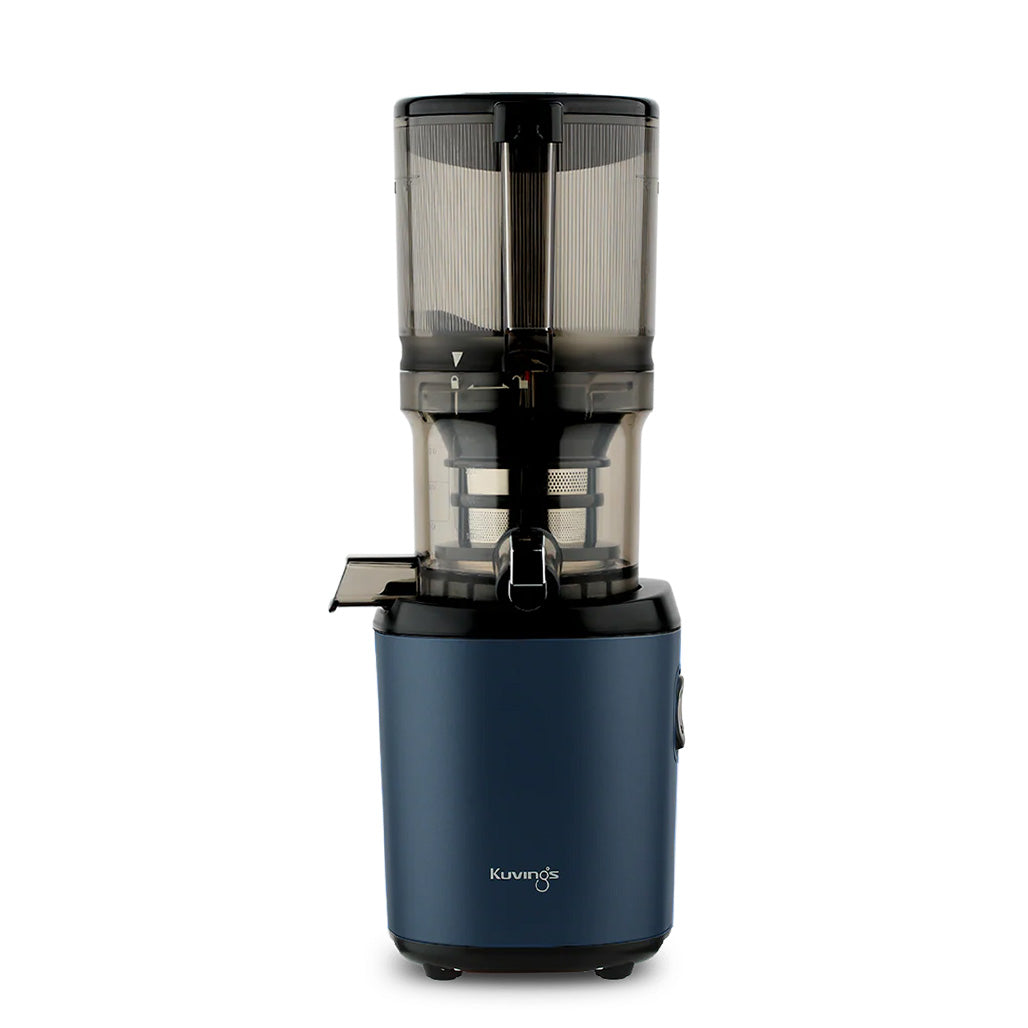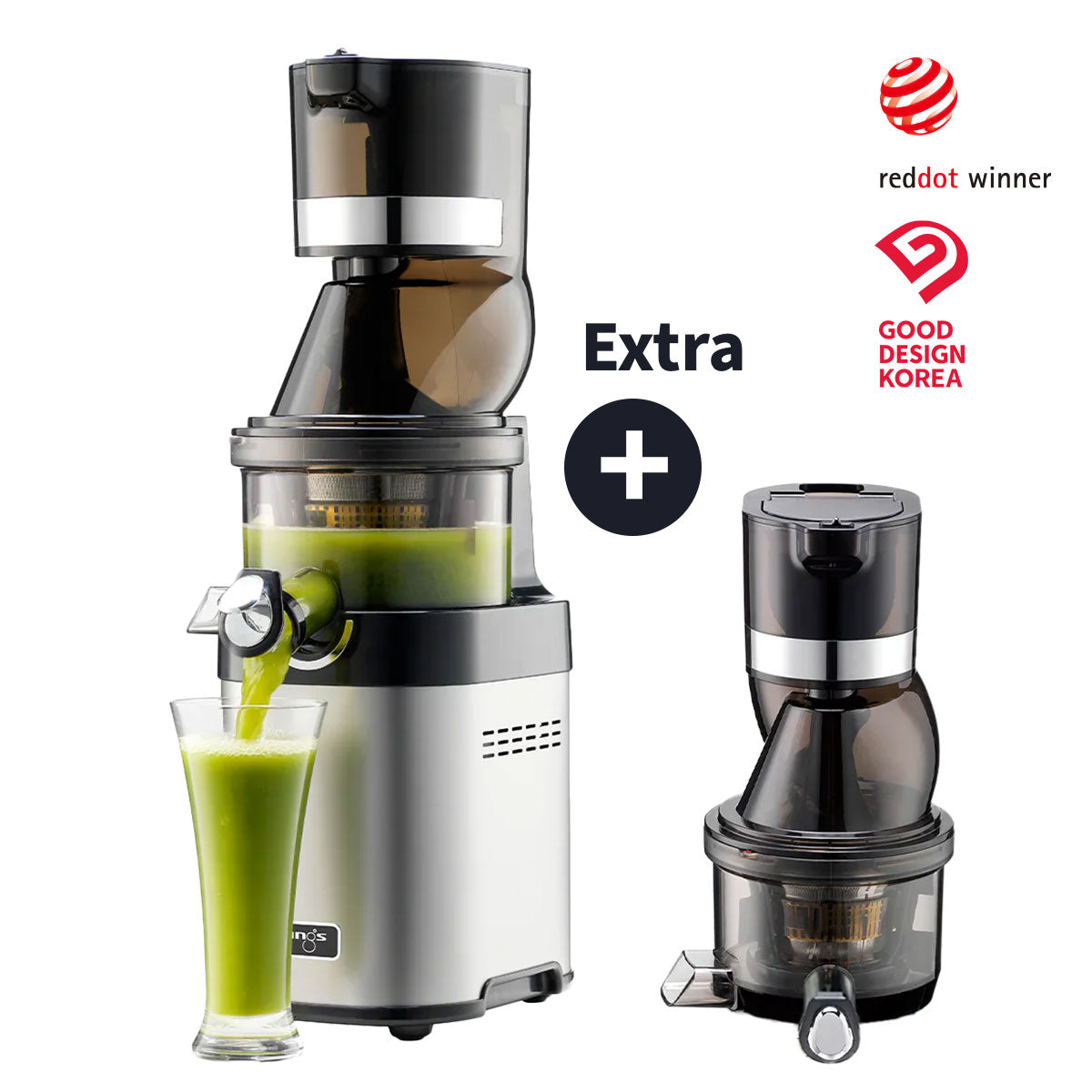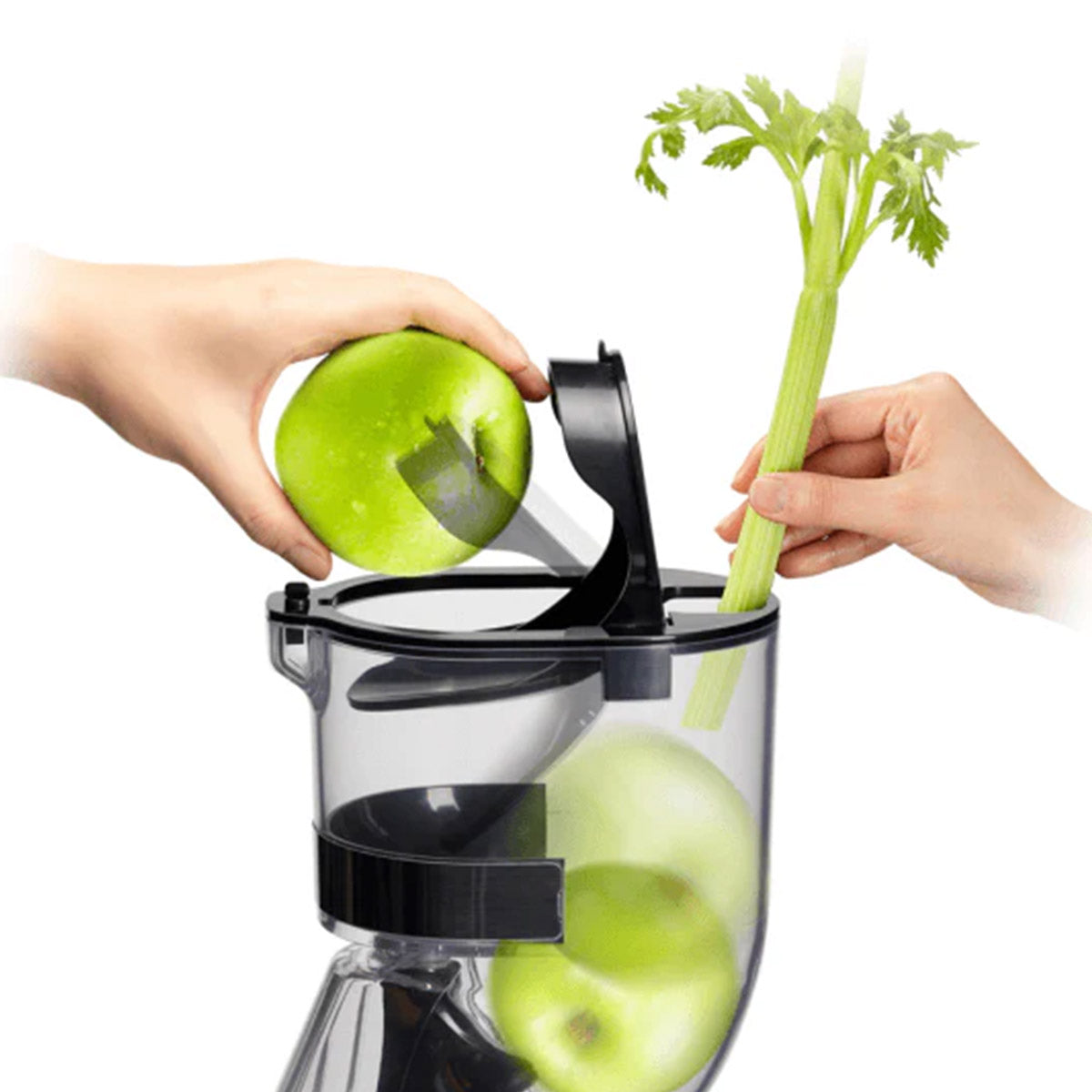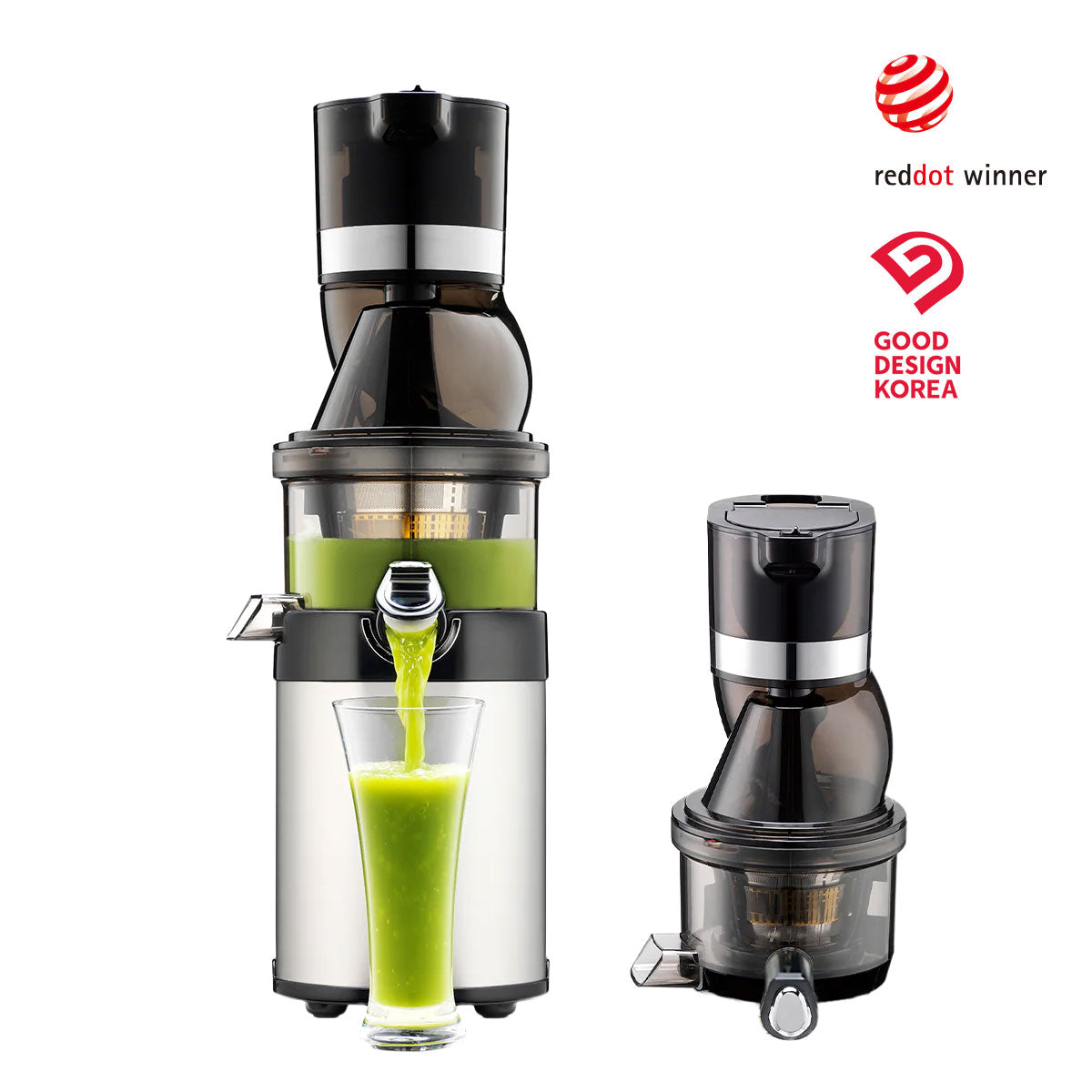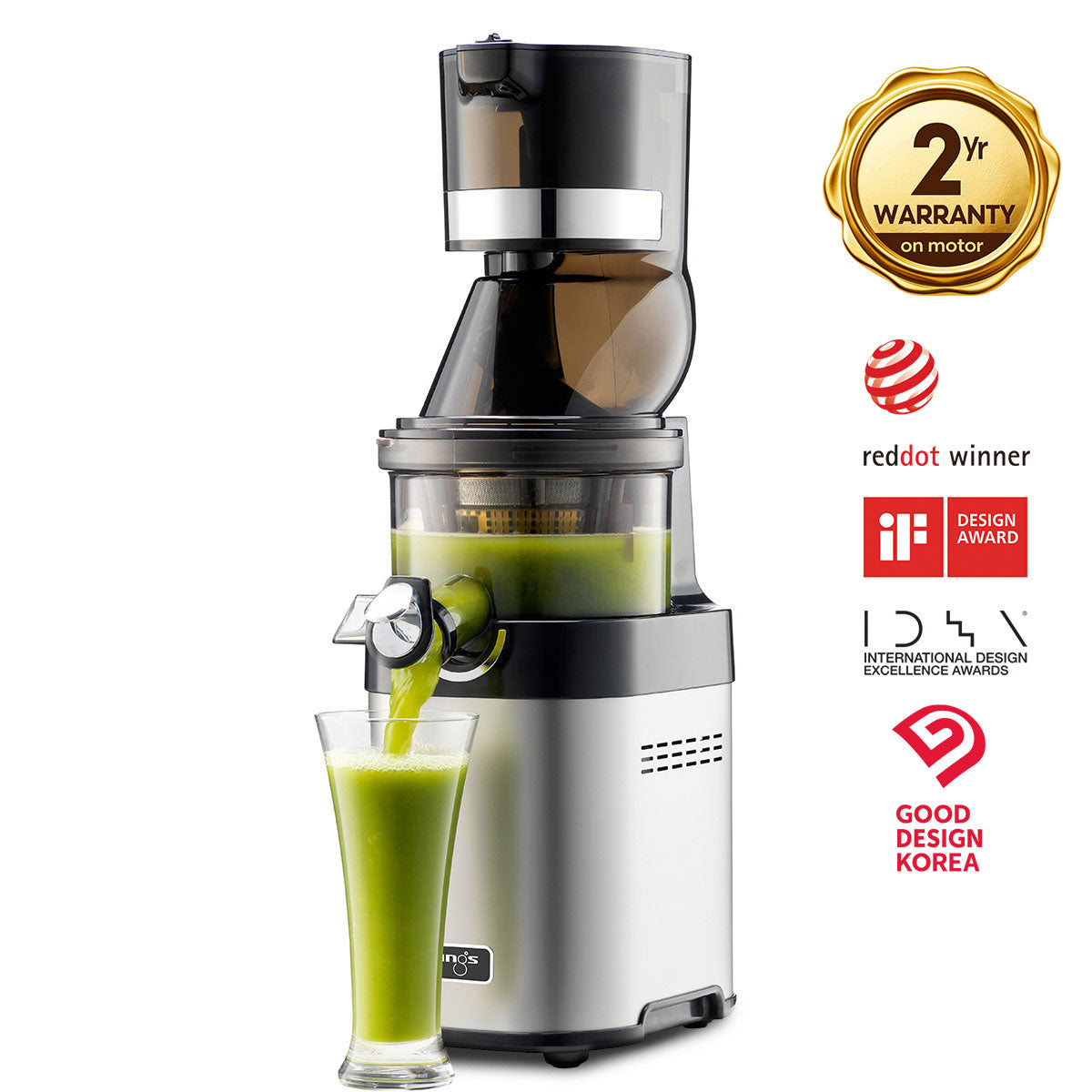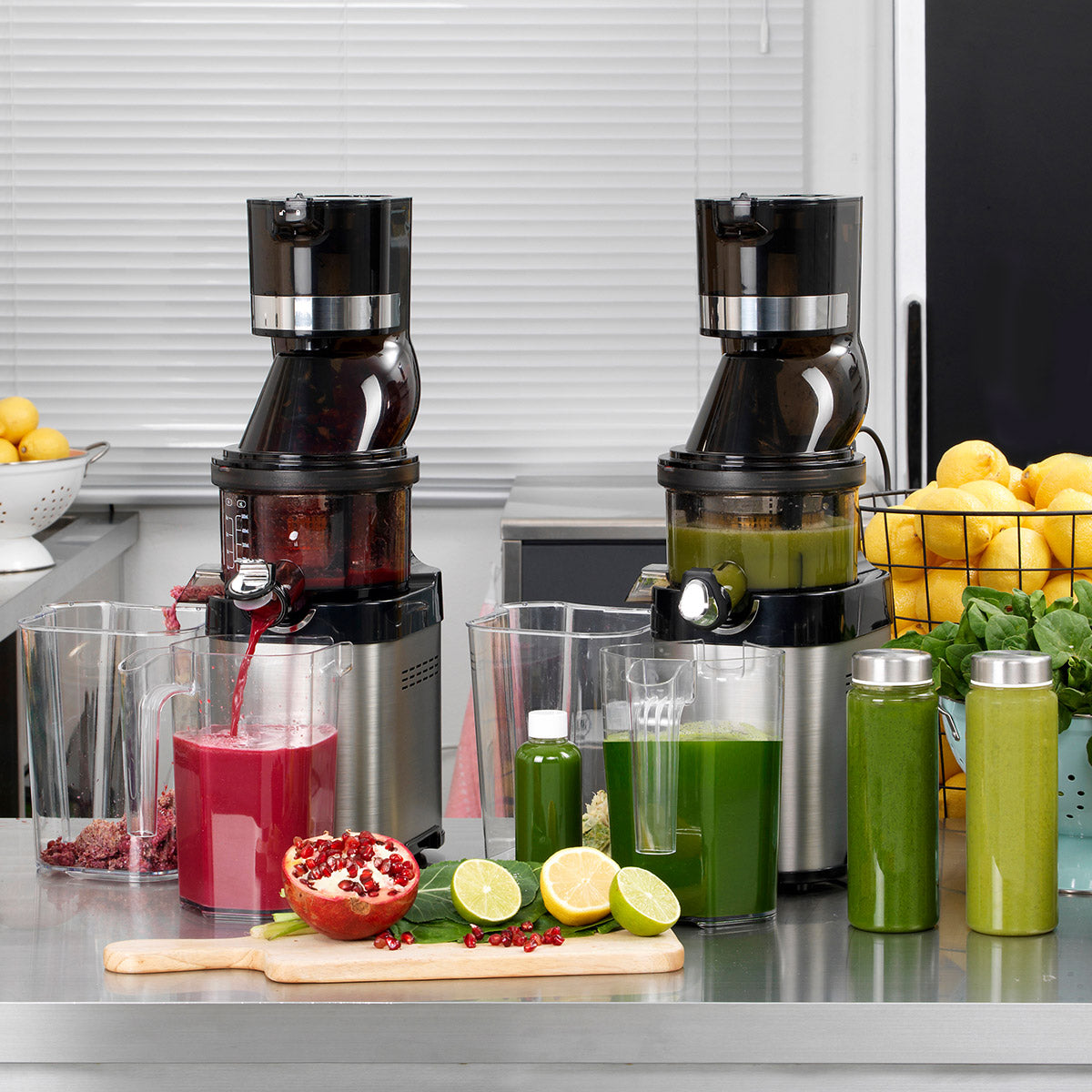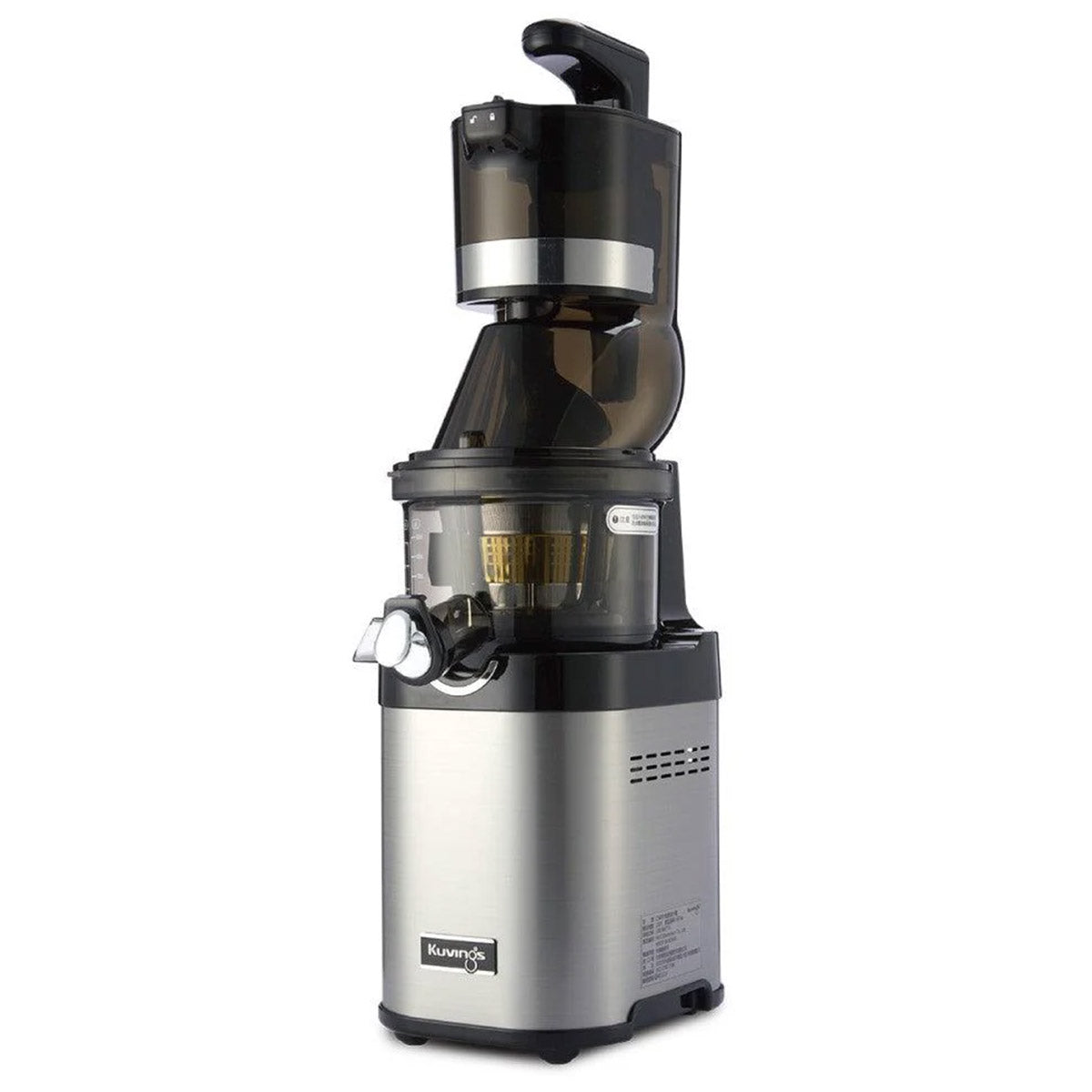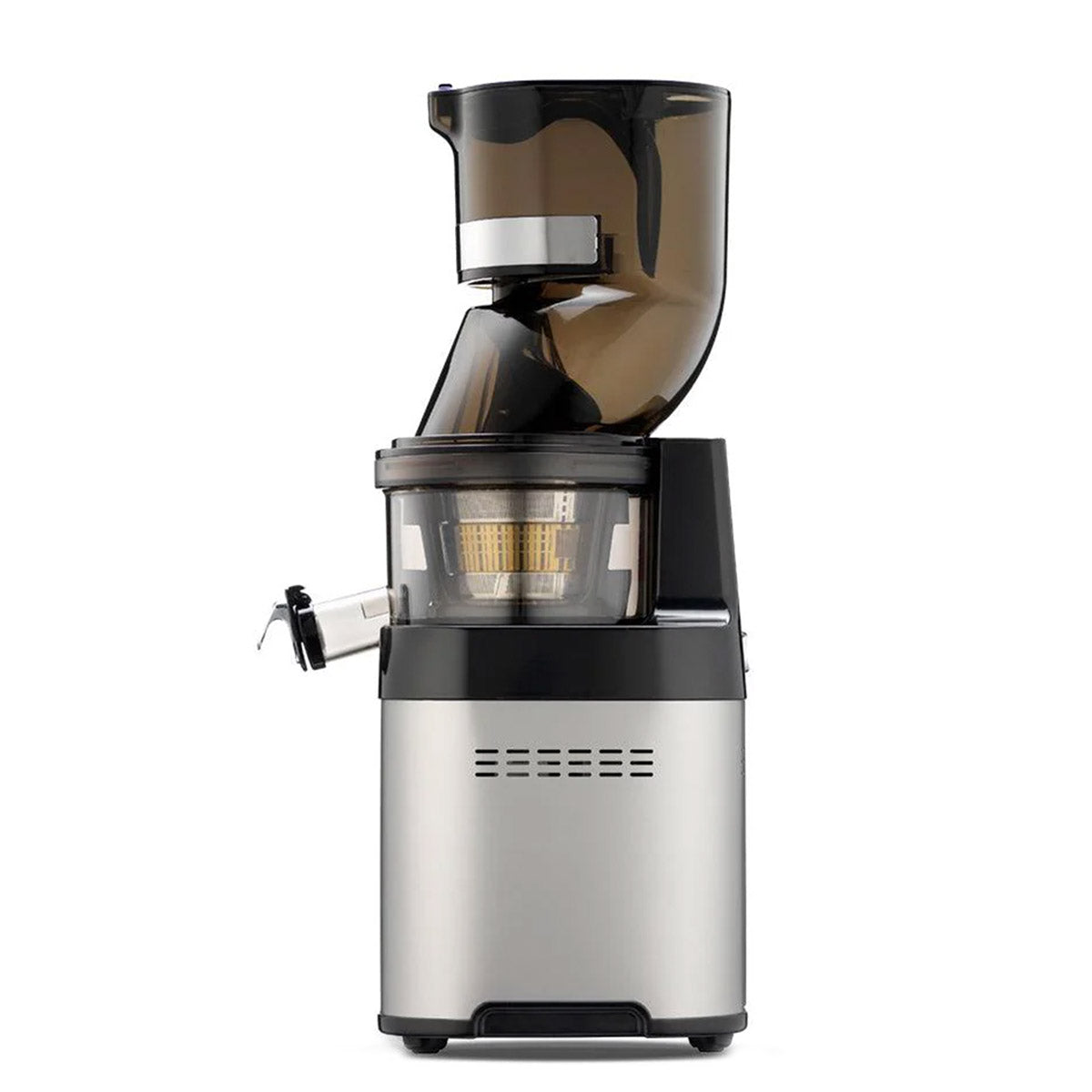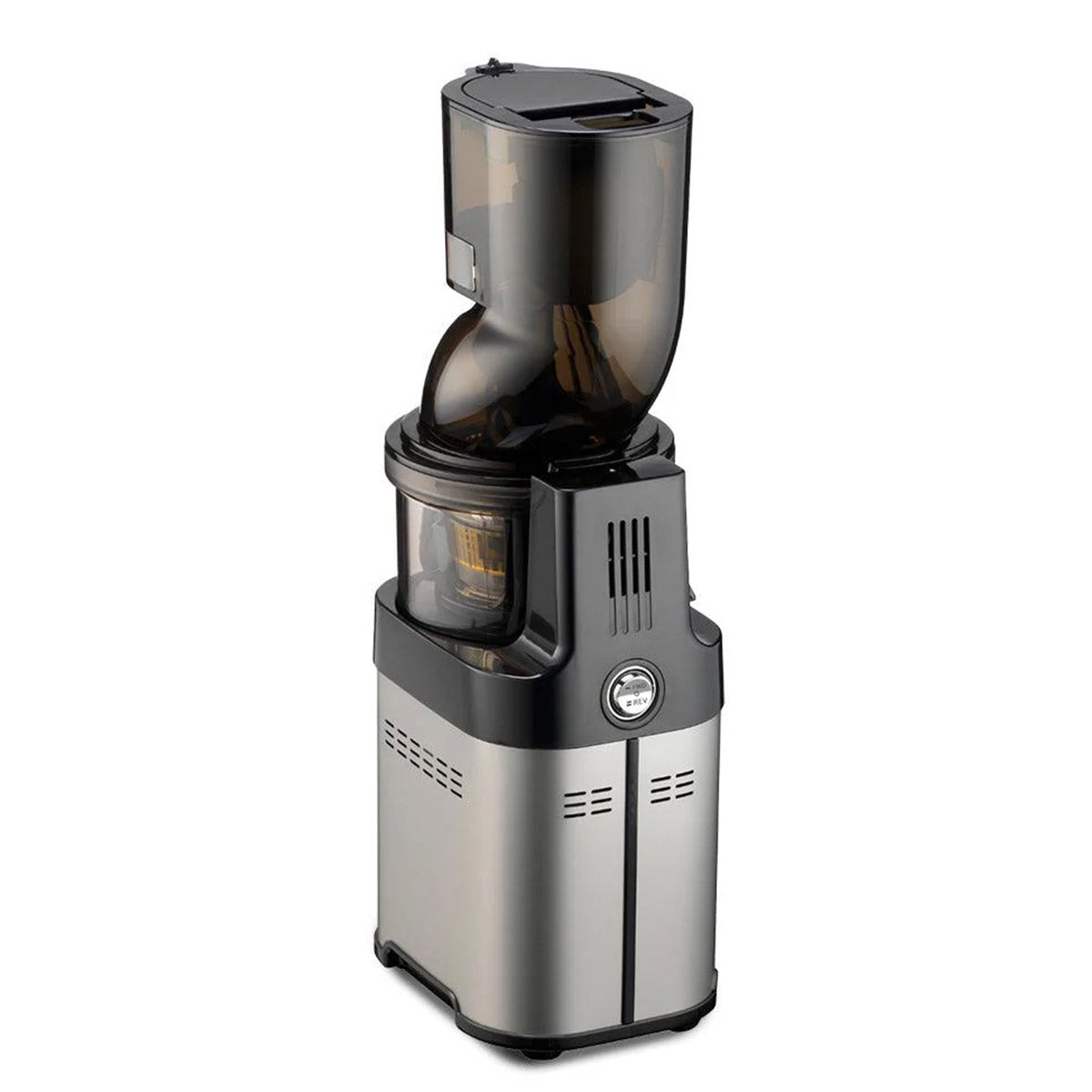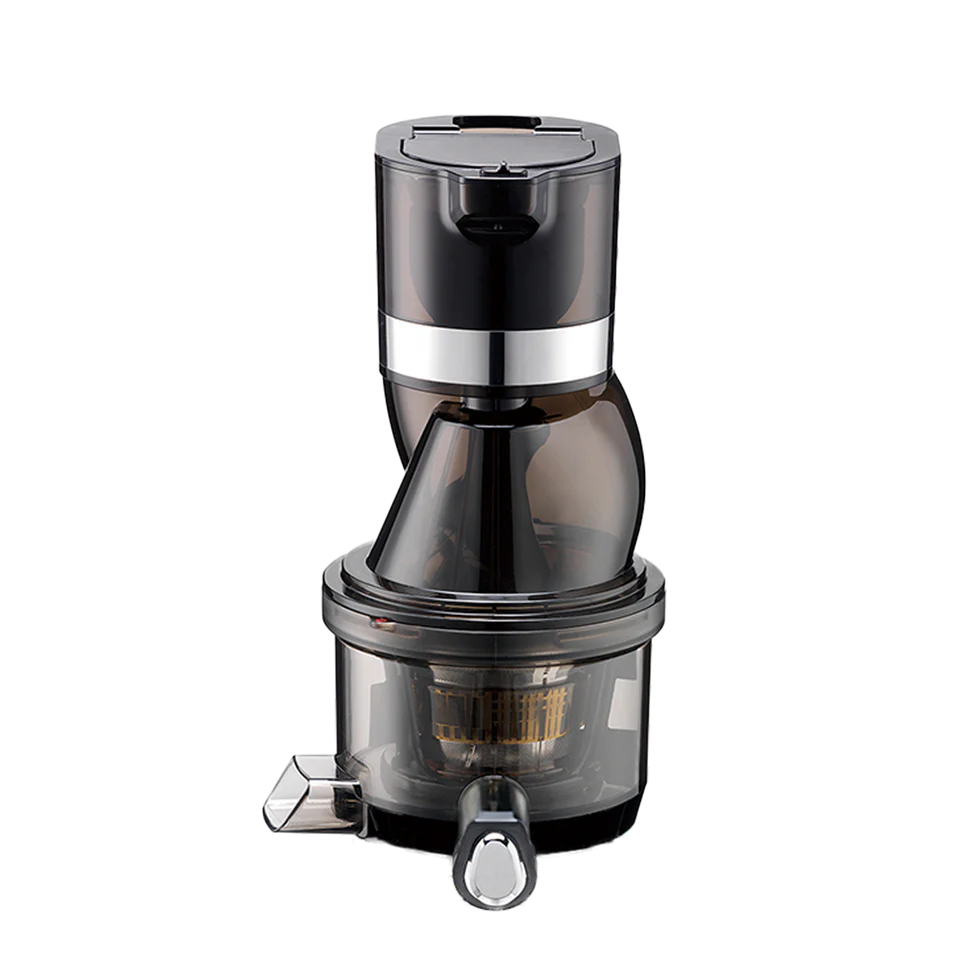
World Health Organization (WHO) has declared COVID-19 as a pandemic, and people are taking precautions to isolate themselves and stay at home if possible to stay safe. In this current situation of social isolation, one of the key factors is food. What kind of food should you have at home?
Our dieticians have the following advice on what to buy to stock up your pantry and how to stay well-nourished. Staying healthy is crucial in this state as your immune system needs to be in top notch to fight off any illness you may encounter. It is important to stock up on all food groups that make up a healthy balance meal, such as carbohydrate, protein, healthy fat, fruits and vegetables.
1. First, Buy Fresh Fruits and Vegetables.
Fruits and vegetables contain all the minerals and vitamins that your body needs for a healthy immune system. Buy those that won’t spoil quickly- for example apples and citrus fruits (orange, lemon, grapefruit). Cabbage, carrots and celery are the best vegetables options as they can be kept longer in the refrigerator rather than green leafy vegetables. Onions and garlic are the staple ingredients in our dishes, so you need to grab them too. They contain anti-bacterial, anti-viral properties and may help in immune health as well. You can also opt for frozen vegetables since they have a long shelf-life and are just nutritious as the fresh ones.
2. We Love Our Carbohydrates
We need carbohydrates to keep us energized to carry daily home activities. Malaysians love rice. Pick brown rice as it contains more fiber and make you feel full for a longer period. Stock up on wholemeal bread, oats, pasta as well as starches such as corn and potatoes. These foods make amazing different recipes to help you get through the isolation period.
3. Don’t Forget Your Sources of Protein
Stocking up fresh protein might be a difficult task to do. You can buy in one bulk and freeze them altogether. However, if you are looking for an easy protein to consume, beans and legumes would come in handy. Buy packets of beans- chickpeas, red beans, black beans, dhal, lentils, peas, kidney beans, soybeans and peanuts and keep it in your pantry. They are not only good sources of protein, but also have additional vitamins and minerals such as vitamin B and dietary fiber.
4. Don’t Ditch Your Fat
Although you might think you do not need fat when you are just staying at home, but fat is an important element in your diet. You need fat for absorption of vitamins A, D, E and K. Go for healthy fat- olive oil, canola oil and sunflower oil when stir-frying. You might also want to stock up some healthy snacks such as nuts and seeds.
5. Don’t forget drinks!
You may get bored drinking plain water all time at home, so how about stocking up some tea? If you are sick, incorporating a slice of fresh ginger in your tea might help your condition as it contains anti-inflammatory properties. If you are up for some sweet, drizzle a bit of honey in your tea. Honey has shown to be as effective as cough syrup to soothe your throat.
Take care of your health and your loved ones by practicing good nutrition. Boost your immune system by eating balanced meals with the addition of vitamin C rich foods.

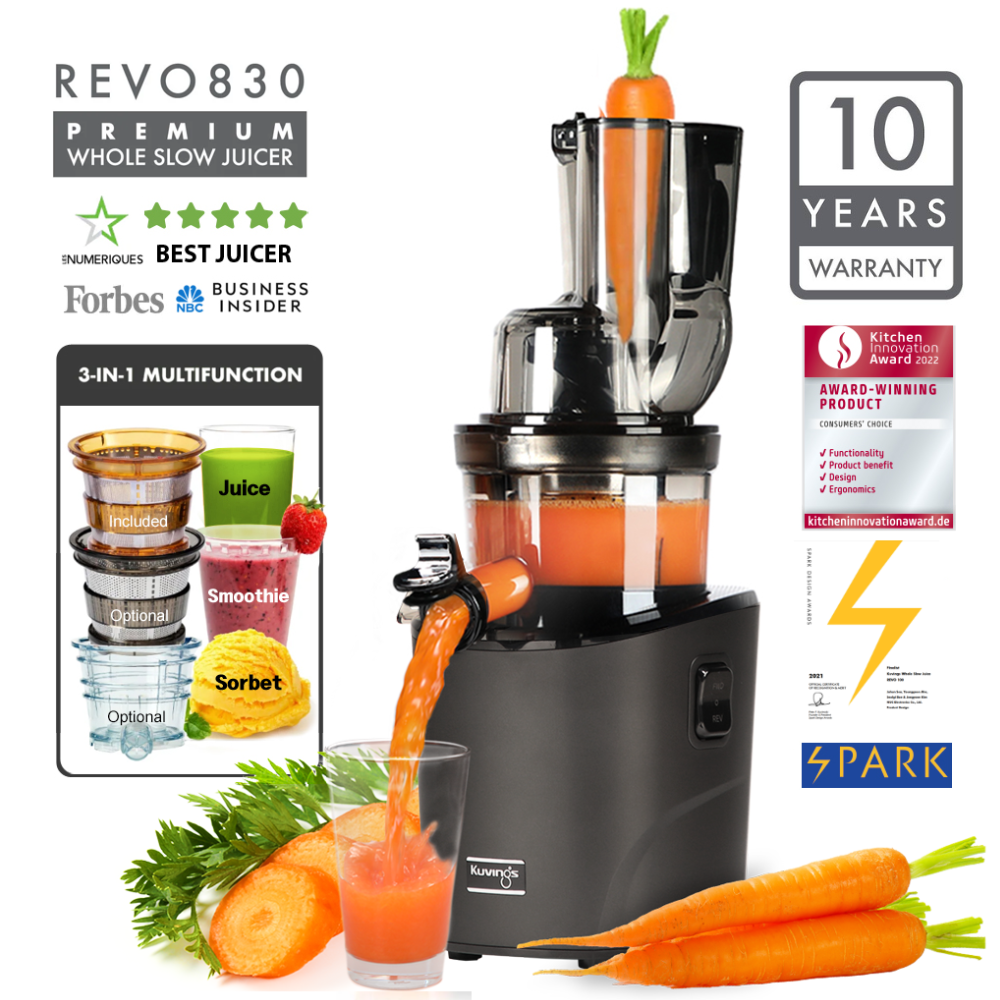
![[NEW] REVO830 Whole Slow Juicer "The Dark Knight" - Kuvings.my](http://kuvings.my/cdn/shop/files/REVO830_multi-function.webp?v=1771482539&width=1200)
![[NEW] REVO830 Whole Slow Juicer "The Dark Knight" - Kuvings.my](http://kuvings.my/cdn/shop/files/contents_compare_01_360x_677de4d1-1209-4ada-b8e3-d1445cee5e84.webp?crop=region&crop_height=360&crop_left=0&crop_top=0&crop_width=360&v=1771482539&width=360)
![[NEW] REVO830 Whole Slow Juicer "The Dark Knight" - Kuvings.my](http://kuvings.my/cdn/shop/files/cold-press-juice_00.jpg?v=1771482539&width=1200)
![[NEW] REVO830 Whole Slow Juicer "The Dark Knight" - Kuvings.my](http://kuvings.my/cdn/shop/files/sub_buying-guide_05_9f06c62f-683c-4247-8c93-efb0111660e5.jpg?crop=region&crop_height=920&crop_left=15&crop_top=0&crop_width=920&v=1771482539&width=950)
![[NEW] REVO830 Whole Slow Juicer "The Dark Knight" - Kuvings.my](http://kuvings.my/cdn/shop/files/IndyBest_banner.jpg?v=1771482539&width=1080)
![[NEW] REVO830 Whole Slow Juicer "The Dark Knight" - Kuvings.my](http://kuvings.my/cdn/shop/files/REVO830_1080x1080_773ec9d9-75c2-495e-b256-6d01ef58ba78.jpg?v=1771482539&width=1080)
![[NEW] REVO830 Whole Slow Juicer "The Dark Knight" - Kuvings.my](http://kuvings.my/cdn/shop/files/EVO820REVO830_1080x1080-_1.jpg?v=1771482539&width=1080)
![[NEW] REVO830 Whole Slow Juicer "The Dark Knight" - Kuvings.my](http://kuvings.my/cdn/shop/files/2022_revo-und-evo_02.jpg?v=1771482539&width=1000)
![[NEW] REVO830 Whole Slow Juicer "The Dark Knight" - Kuvings.my](http://kuvings.my/cdn/shop/files/REVO830_01_540x_636872b5-787d-48dc-a4f6-0d006b49a63f.webp?v=1771482539&width=540)
![[NEW] REVO830 Whole Slow Juicer "The Dark Knight" - Kuvings.my](http://kuvings.my/cdn/shop/files/shopping.webp?v=1771482539&width=600)
![[NEW] REVO830 Whole Slow Juicer "The Dark Knight" - Kuvings.my](http://kuvings.my/cdn/shop/files/2L9A7313-e1690867035583-700x751.jpg?crop=region&crop_height=700&crop_left=0&crop_top=0&crop_width=700&v=1771482539&width=700)
![[NEW] REVO830 Whole Slow Juicer "The Dark Knight" - Kuvings.my](http://kuvings.my/cdn/shop/files/kuvings-whole-slow-juicer-revo830-black-revo830b_main_kitchen_innovation_1667x_64f4e0fc-2684-4f8f-af3b-8aeb0a3cca04.webp?v=1771482539&width=1000)
![[NEW] REVO830 Whole Slow Juicer "The Dark Knight" - Kuvings.my](http://kuvings.my/cdn/shop/files/SNS-REVO830-Lifestyle-62-1-1-Revised0.jpg?v=1771482539&width=990)
![[NEW] REVO830 Whole Slow Juicer "The Dark Knight" - Kuvings.my](http://kuvings.my/cdn/shop/files/REVO830-wholeslowjuicer-coldpress3.webp?v=1771482539&width=900)
![[NEW] REVO830 Whole Slow Juicer "The Dark Knight" - Kuvings.my](http://kuvings.my/cdn/shop/files/3_bf54f2a4-1c87-4015-94d7-3b7e7de053f6.png?crop=region&crop_height=461&crop_left=0&crop_top=0&crop_width=461&v=1771482539&width=461)
